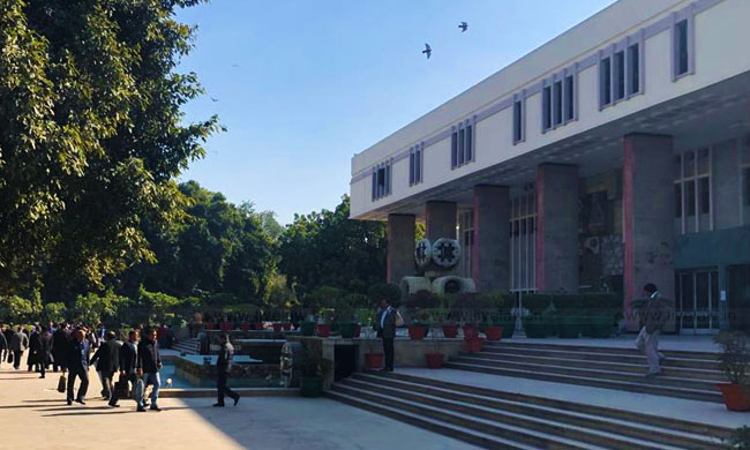AO Can't Proceed With Assessment In Absence Of Section 127 Transfer Order: Delhi High Court
Mariya Paliwala
13 May 2024 7:45 PM IST

Next Story
13 May 2024 7:45 PM IST
The Delhi High Court has held that the Assessing Officer cannot proceed with assessment in the absence of a transfer order under Section 127 of the Income Tax Act.The bench of Justice Yashwant Varma and Justice Purushaindra Kumar Kaurav has observed that once the case of the assessee is centralized, then the transfer of the case of the assessee to another AO would not be permissible without...
